It was 4 in the morning on a balmy weekday last summer as I walked toward City Hall to cover a labor strike.
I’ve seen the massive building up close during the day, from the 101 Freeway at night, on film and television numerous times, and it never fails to impress. Thirty-two stories tall, always gleaming, tapered at the peak like one of the ancient Seven Wonders of the World, built with sand from all of California’s 58 counties, and water from the 21 Spanish missions.
It was erected to show off the “new era of progress and accomplishment” that Los Angeles represented, according to this paper when City Hall was officially dedicated in 1928 with a parade, speeches and all sorts of pomp.
It was also meant as a flex, and a promise: Behold L.A.’s power, and the influence we will soon have over the world.
City Hall shone especially bright in the early hours when I went to cover the one-day work stoppage, a beacon as I walked through the dimly lit streets of downtown. The structure stood as memory and manifestation to the boast city leaders offered to the world 96 years ago. But all around me, L.A.’s influence played out in ways that they would’ve never imagined.
People were sleeping in tents and sleeping bags on the sidewalk and in front of tower doors. I passed the former headquarters of The Times — the longtime tastemaker of the West, now located in El Segundo. A man in a skullcap knelt next to a bench and prayed in Arabic. Police cars drove by; buses rumbled in the distance. Men and women put in their daily runs and bike rides. News vans parked across the City Hall steps next to Gloria Molina Grand Park, named after the late Chicana political powerhouse.
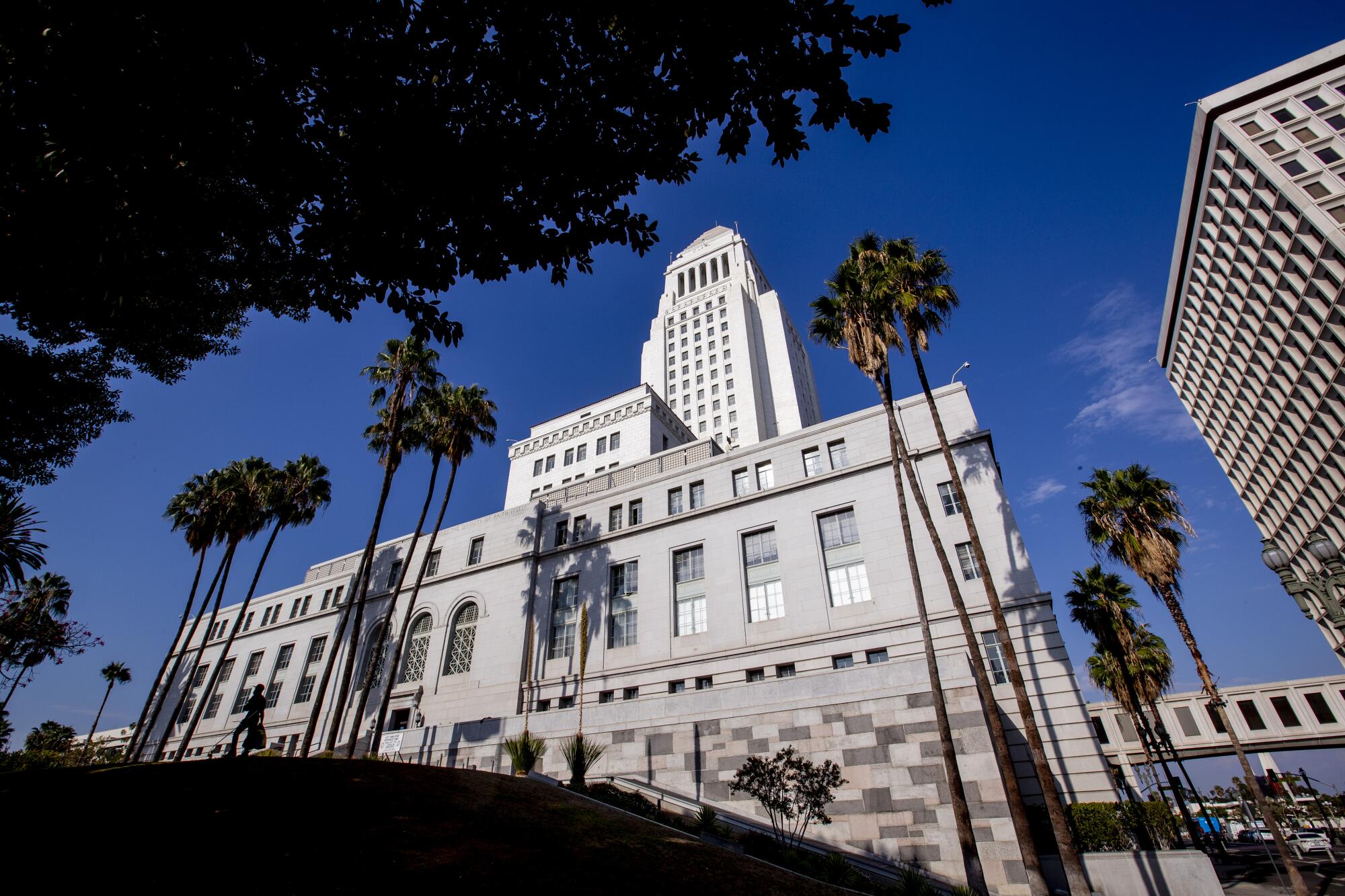
Los Angeles City Hall is just granite and concrete without the people who make L.A. happen.
(Allen J. Schaben / Los Angeles Times)
City Hall is a gorgeous place, but it’s just granite and concrete without the people who make L.A. happen.
I’ve thought about that day many times since. I saw the city at its best — and at its most vexing. Glamorous and struggling. Fearful. Hopeful. Influential nationally and internationally in every single way, for better and worse.
It’s in that spirit that The Times launches L.A. Influential, in which we profile the people shaping the contours of the city right now. Through photos, essays, stories, videos and more, it’s a roster of who makes L.A. tick, at a moment everyone knows represents a change for the city — even if none of us know exactly where we’re going.

Historically, influence in Los Angeles was an easy proposition: Those who had power used it at the expense of everyone else.
Through conquest and racism, hustle and corruption, brute force and unfair laws, and money above all, the city was a playground for our potentates for over a century, at the expense of too many residents. Surnames such as Chandler and Mulholland, Broad and O’Malley dominated civic and political life to imagine and build an L.A. that now seems like a long-ago dream.
Since the 1992 riots, a new philosophy has taken hold in L.A. as the population diversified and the old guard largely high-tailed it out of here: Influence can come from anywhere, and woe to those who don’t realize that.
That reality is reflected in L.A. Influential.
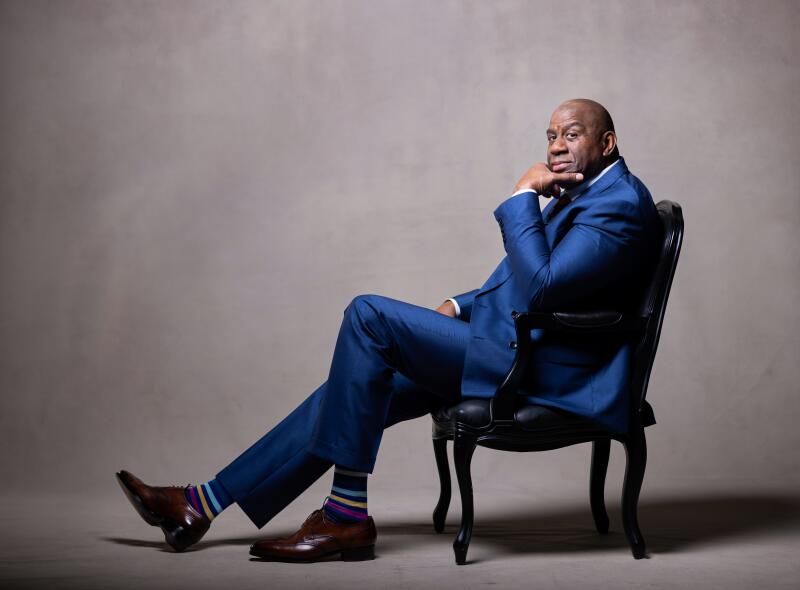
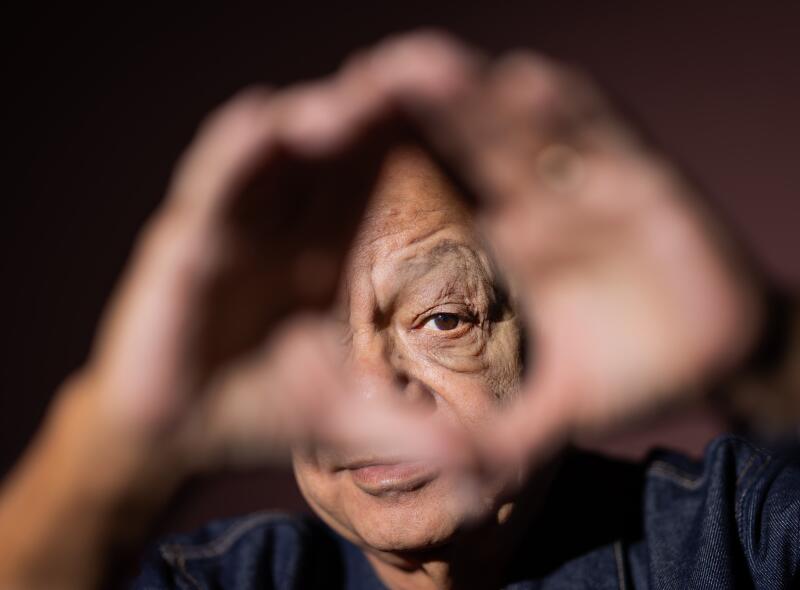
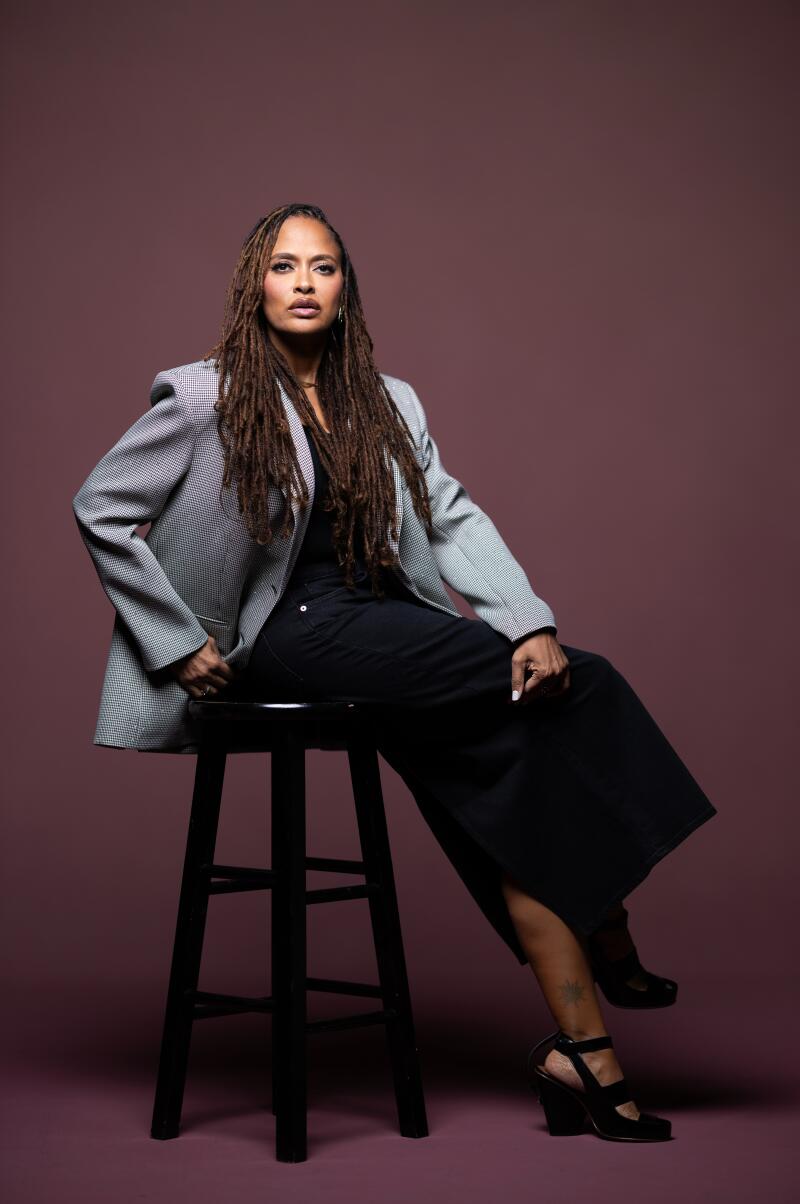
L.A. Influential is a snapshot of a city at this moment. Among the names on the list are, clockwise from top left, businessman and former Laker Earvin “Magic” Johnson, filmmaker Ava DuVernay and actor Cheech Marin.
What does influence even mean anymore in Los Angeles when anyone with a social media account can amass a following of hundreds of thousands? Is it the people who are in charge of how the city runs — the politicians, the bureaucrats, the nonprofit leaders? Is it the individuals who tell us what to view, read, listen to and eat? The folks who work behind the scenes that few know about but who are legends in their world? Those who have huge influence outside Southern California but wouldn’t even be recognized at the In-N-Out drive-through?
Yes.
This leveling is a good thing. It forces the multitudinous nodes in this famously fragmented metropolis to work together if anyone wants anything done.
In reporting on these subjects, we met them in boardrooms or at protests, talked over the phone or via Zoom, spent an hour with them or months. Their stories are accompanied with portraits shot in studios or in the field by Times Pulitzer-Prize-winning photographer Christina House. We’ll be publishing these 101 profiles over the course of six Sundays, by category — the Creators, the Connectors, the Money, the Civic Center, the Disruptors and the Establishment.
There are the obvious choices — and many more surprises. You’ll find elected officials and fishmongers. Movie stars alongside social media upstarts. Philanthropic giants whose grants improve life for millions of Angelenos, and tech bros. Sports. Music. Fashion. Quiet influence. Loud. People who you don’t think deserve to be noted here and people you couldn’t imagine Los Angeles without.
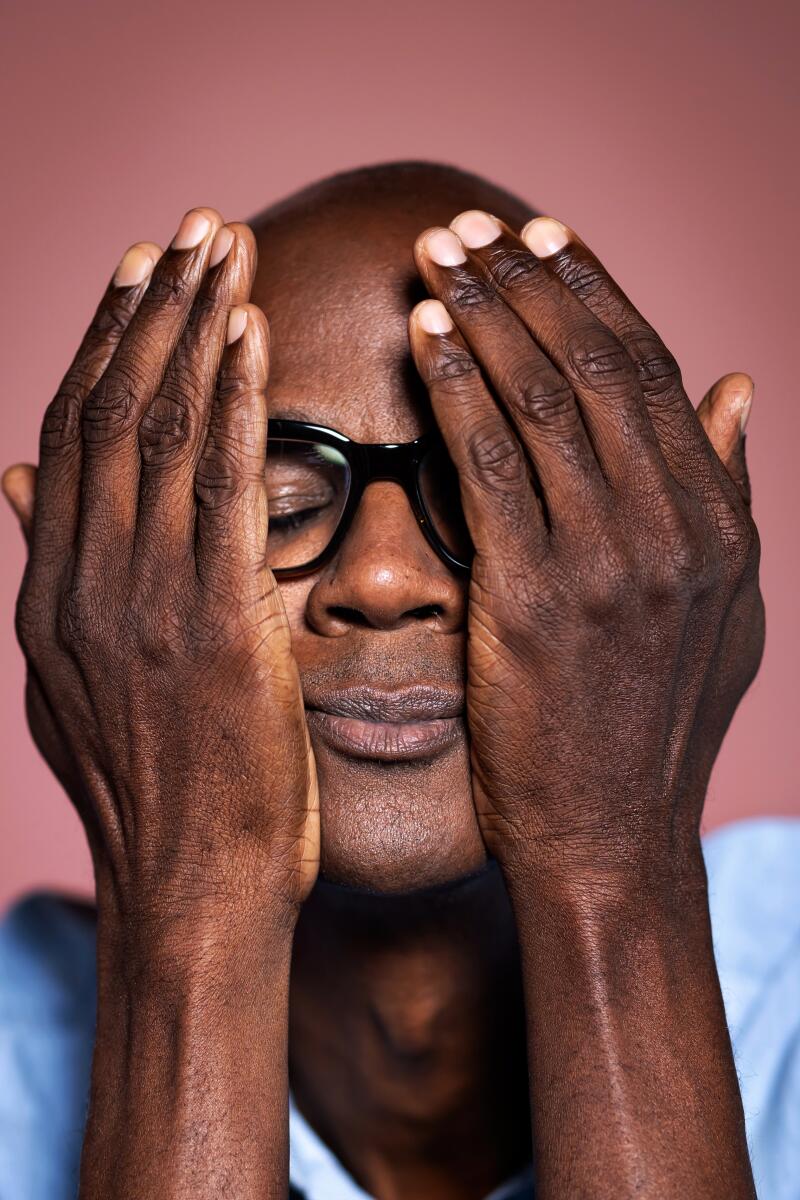
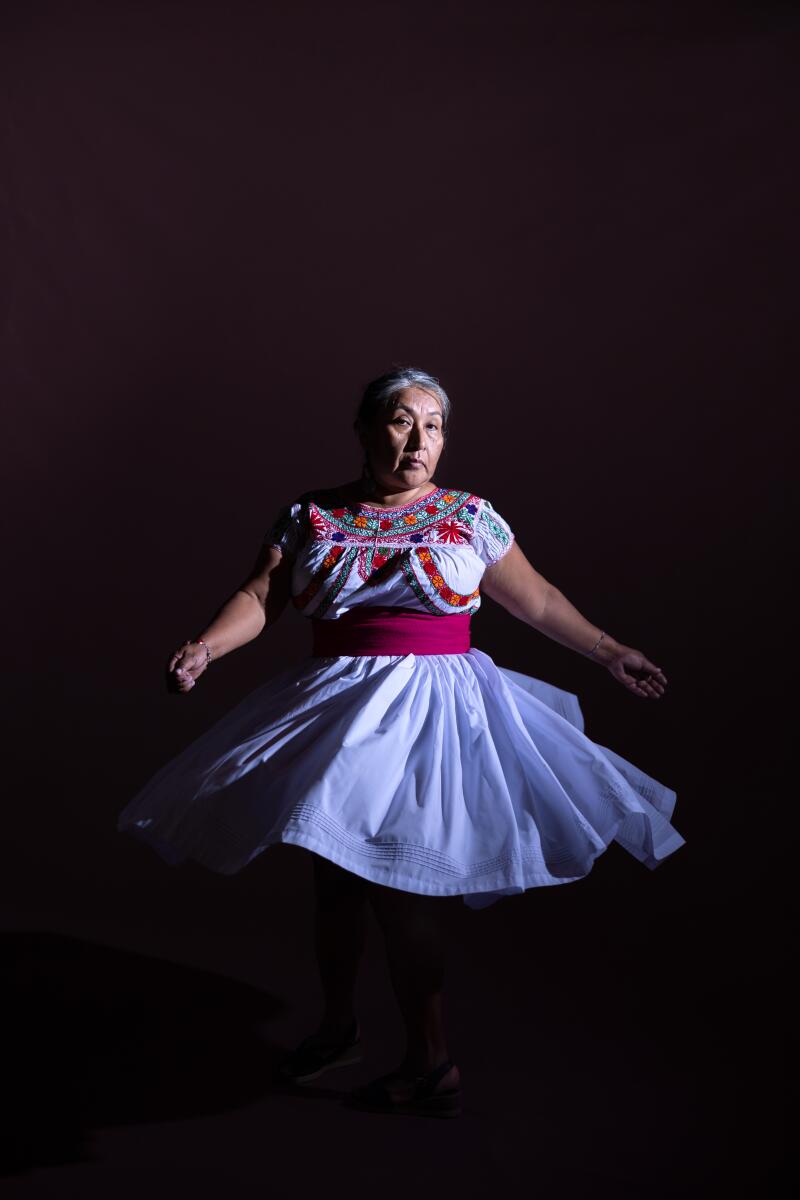
Influence can come from anywhere, and woe to those who don’t realize that. Artist Mark Bradford, left, and Zapotec advocate Odilia Romero are two others on The Times’ L.A. Influential list.
We know that there can never be a perfect L.A. Influential. The demographic makeup of this compilation doesn’t even approach how L.A. looks. Forty-seven percent of the people on this list, for instance, are white; 22% identify as Black; 18% are Latino; 16% are Asian. Several individuals are of Middle Eastern descent, and one person is Indigenous.
Criticize, praise or debate this selection — we welcome it all. But these numbers are valuable, too: They reflect how influence has historically worked in the city, the ramifications of that legacy — and where it’s going.
Above all, L.A. Influential is a snapshot of a city at this moment. Because influence changes. When City Hall debuted, the lords of L.A. were concentrated in downtown and were nearly all white. By the 1960s, influence was shifting to the Westside, and an alliance of Black, Latino and Jewish activists was laying the groundwork for the multicultural coalitions — sometimes fraught, sometimes not — that have defined L.A. ever since. Who holds influence changes so much that The Times did a similar project in 2006, and there is very little crossover between that list and this one. In 15 years, maybe even five, you can expect the same.
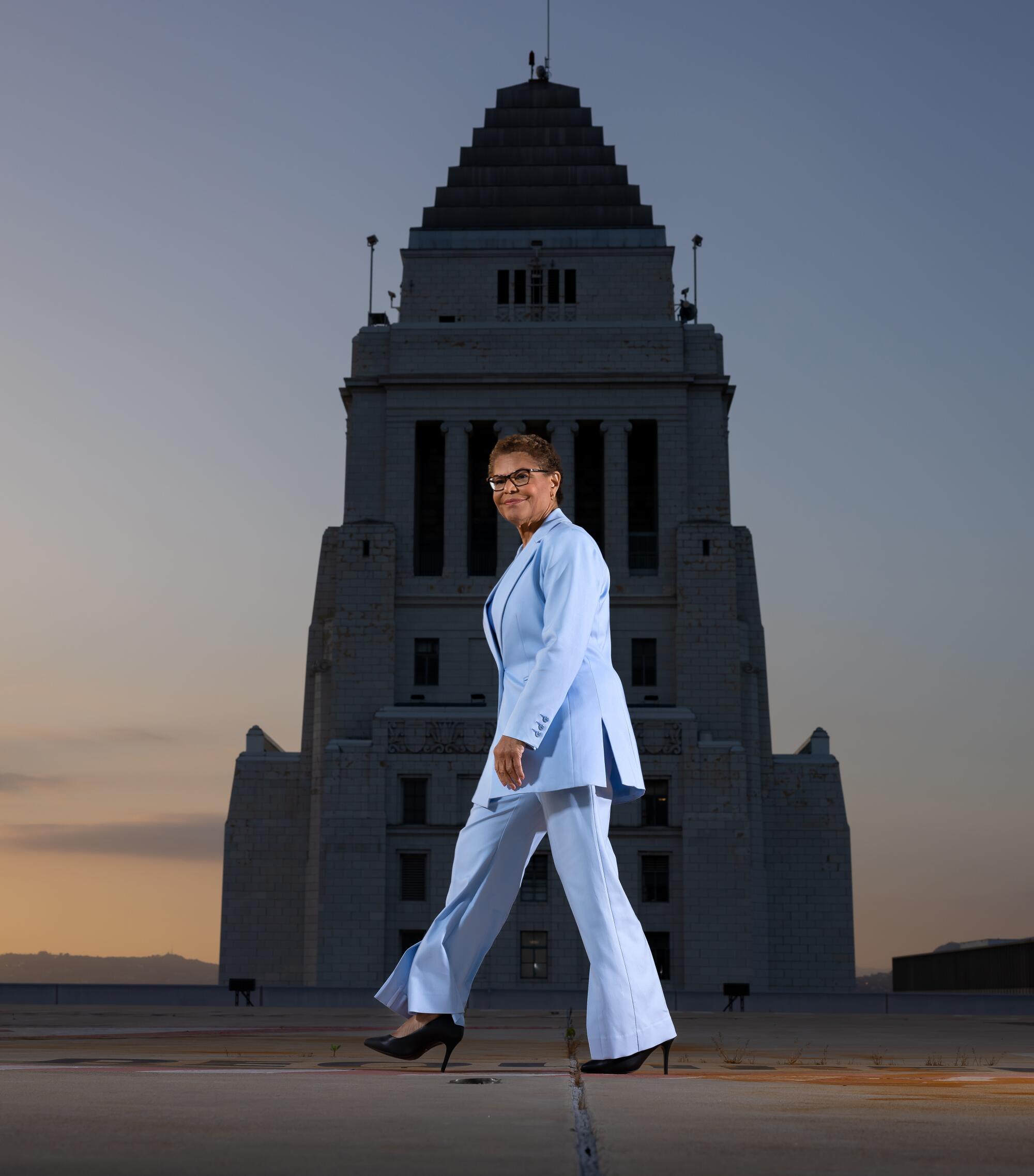
Influence changes over time. Karen Bass is Los Angeles’ first female and second Black mayor.
That’s a good thing. Los Angeles is at its best when the people who shape us make way for the next generation, when there are people who want to right the wrongs of the past as they try to build a better future. The people you’re about to read up on know it’s the only way to live in the city of the eternal future.


